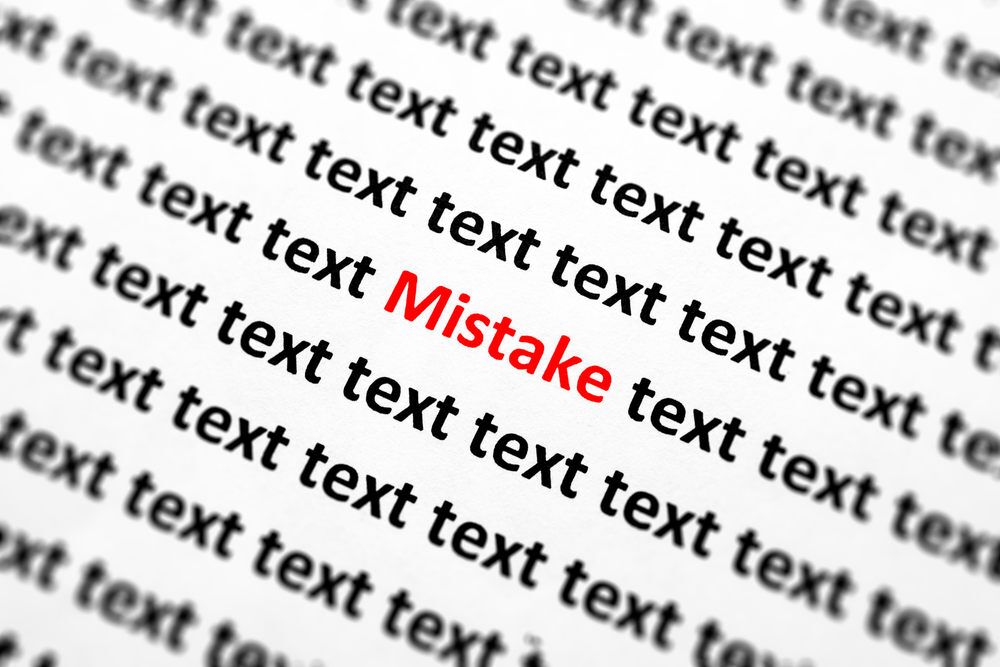
What do SATs Measure?
Bookmark this page? Pop your email into the box below to receive a link to this article so you can easily refer back to it later.
Table of Contents
Introduction
If you have a child in primary school, the chances are that you’ll have heard about SATs. But conversations in the school playground with other parents can leave you feeling more confused than ever about what SATs are and how they are measured. In this article, we reveal everything you need to know.
What are SATs?
SATs (Statutory Assessment Tests) are national tests that children in all state primary schools in England must take.
Who takes SATs?
Children in Year 2, who are at the end of Key Stage 1 (KS1) and children in Year 6, who are at the end of Key Stage 2 (KS2) are required to take SATs. However, on the 14th of September 2017, it was confirmed that the KS1 SATs will be made non-statutory from 2023, so the decision to administer them will be left up to individual schools. Until then, children will continue to be assessed in Year 2.
What do SATs Measure?
The SATs exams are used for state school league tables, they measure each student’s progress compared to the national average and compared to other children in the academic year group. They are used to provide an indication of a student’s current and future academic ability and help teachers set individual progress targets.
SATs are also an indicator of the overall teaching that children receive and so they aim to measure the effectiveness of each school too.
What Subjects do SATs Cover?

KS1 SATs
At KS1, SATs are usually assessed by teachers, rather than external markers. The tests are taken in an informal environment and cover:
- Maths (arithmetic)
- English (reading, spelling, punctuation and grammar)
In Years 3, 4 and 5, some schools choose to have children take optional SATs, although fewer schools have opted to do so in recent years.
Our resources:
Key Stage 1 SATs Practice Test 1
Key Stage 1 SATs Practice Test 2
KS2 SATs
SATs taken at KS2 are more formal than those at KS1 and exam papers will be externally marked. Children will be tested in:
- English (reading comprehension, grammar, punctuation, spelling)
- Maths (reasoning and arithmetic, including times tables, division, multiplication and problem-solving)
Our resources:
Key Stage 2 SATs Practice Test 1
Key Stage 2 SATs Practice Test 2
Will I be Told the Results?
Yes, by law parents must be given their child’s SATs results at the end of the summer term in Years 2 and 6. This report will be broken down by subject and, as of 2016, they’re reported in the form of ‘scaled scores’, rather than the previous ‘levels’.
Parents will receive their child’s SATs report, which will state:
- Your child’s raw score – the total number of marks they received
- Your child’s scaled score – a conversion score, which is used for year-on-year comparisons
- The expected standard – whether or not they have achieved the national standard
Can I Help My Child Prepare for SATs?

Yes, absolutely. Every year, there is a debate about the effectiveness of SATs in measuring children’s progress in primary school, but as the tests are set to remain for the foreseeable future, parents should do whatever they can to support their children in the lead-up to the exams.
While teachers will prepare children in the classroom for SATs, there is plenty parents can do at home to complement this learning, such as:
- Prepare a structured revision plan that is divided into all the required subjects your child will be tested on in the SATs. Make sure you include periods of relaxation as part of this plan, to boost motivation and ensure your child does not become overworked.
- Primary school children have a relatively short attention span, so revision sessions should not be too long. Start revision well ahead of the test date. Just 20 minutes every other day could make a huge difference to their progress ahead of the SATs. As the tests get closer, increase this revision time, perhaps to 30 minutes per session.
- Include practice SATs papers in your child’s revision at home. These papers will help children to familiarise themselves with the exam format and question styles. If you set children the task of taking these papers under timed conditions, they could also learn to perfect their exam technique ahead of the marked SATs.
Download our SATs practice papers today:
Key Stage 1 SATs Practice Test 1
Key Stage 1 SATs Practice Test 2
Key Stage 2 SATs Practice Test 1
Key Stage 2 SATs Practice Test 2
Bookmark this page? Pop your email into the box below to receive a link to this article so you can easily refer back to it later.
















